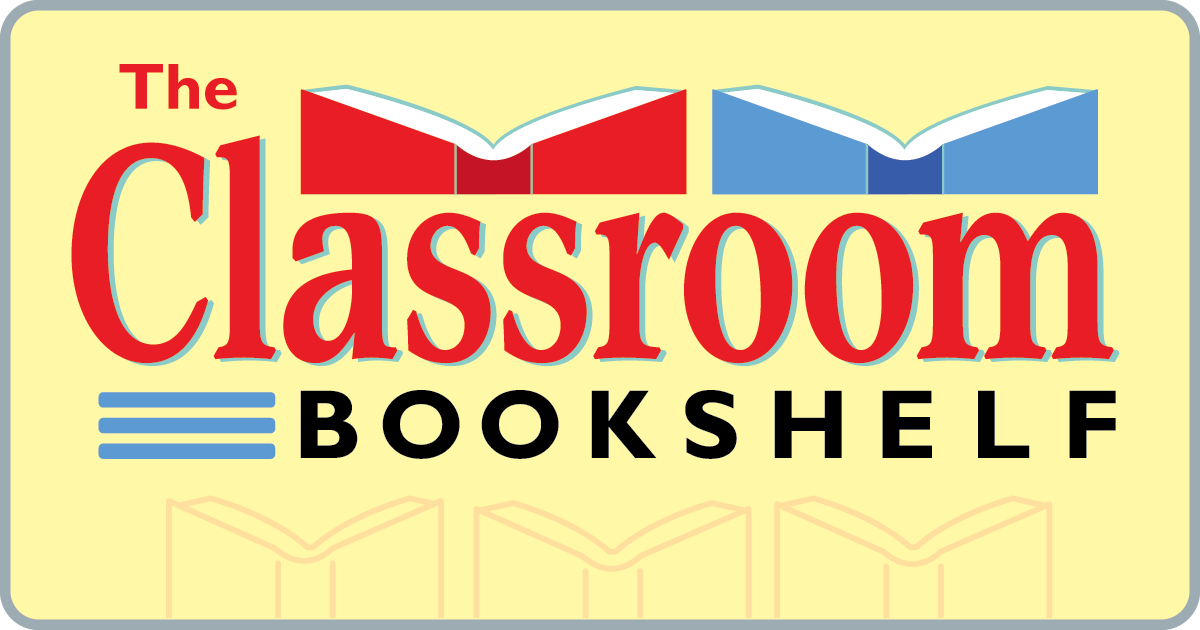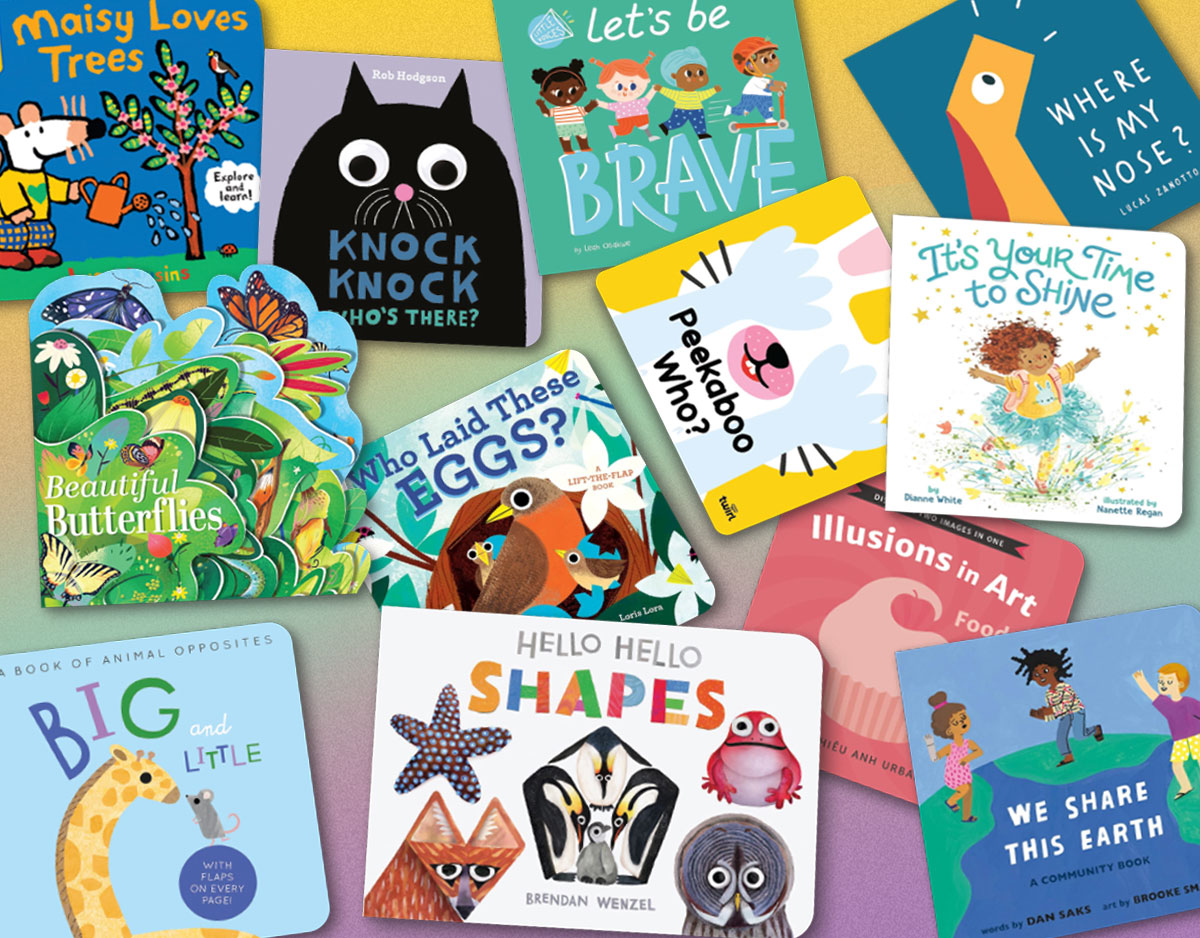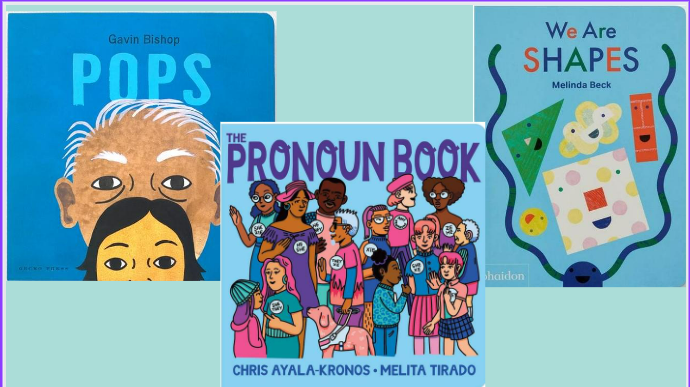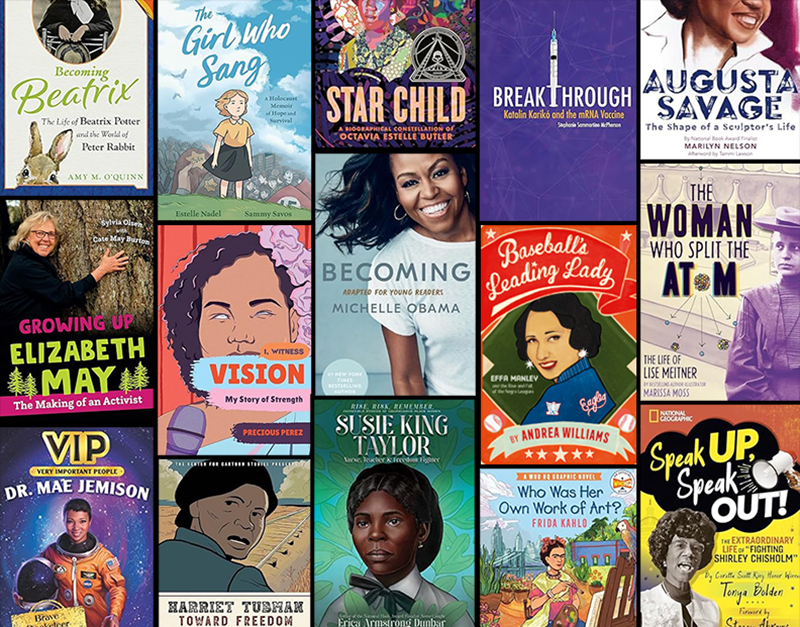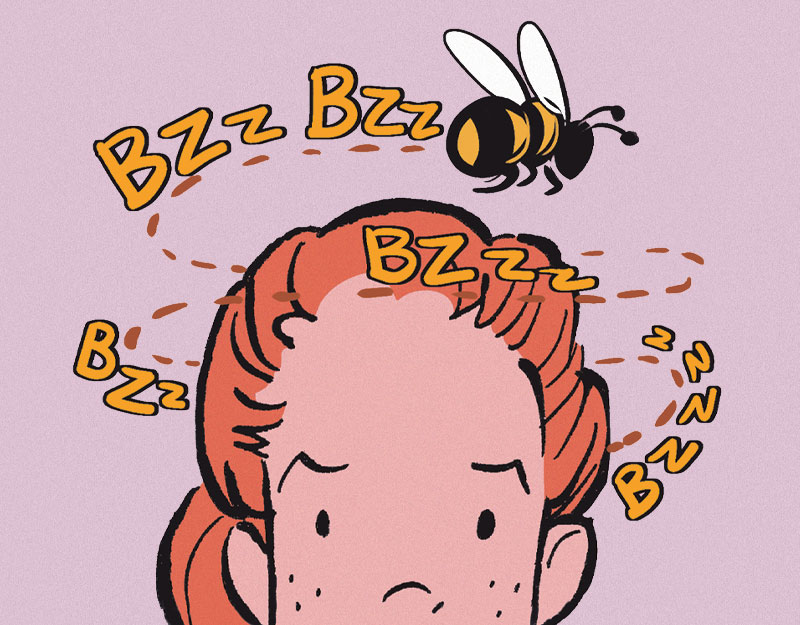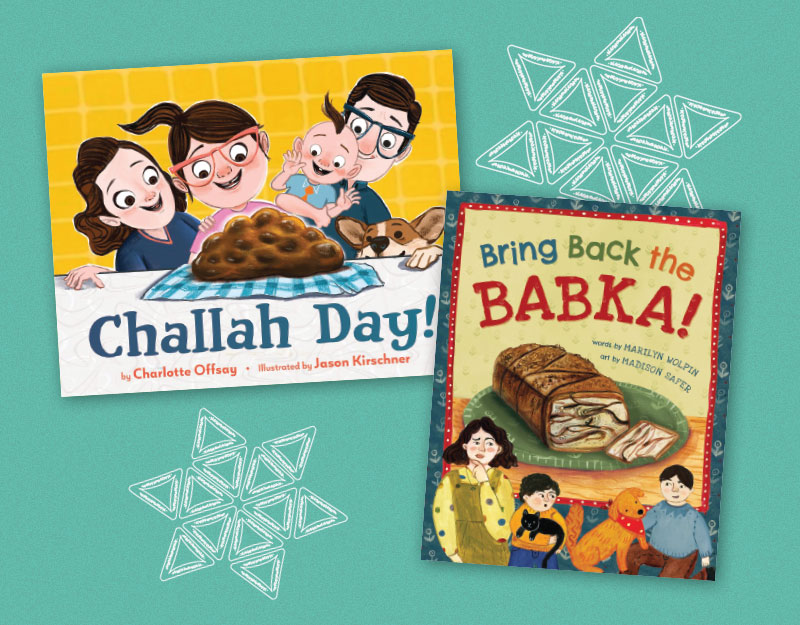The Right Word: Roget and His Thesaurus
The Right Word: Roget and His Thesaurus
Written by Jen Bryant; Illustrated by Melissa Sweet
Published by Eerdmans Books for Young Readers, 2014
ISBN # 978-0-8028-5383-1
Grades K and up
Book Review
Grades K and up
Books
Dubosarsky, U. (2009). The word snoop. Ill. by T. Riddle. New York: Dial.
Ferris, J. C. (2012). Noah Webster & his words. Boston: Houghton Mifflin Books for Children.
Gorrell, G. K. (2009). Say what?: The weird and mysterious journey of the English language. New York: Tundra Books.
Lloyd, N. (2014). A snicker of magic. New York: Scholastic. See also our blog entry at http://classroombookshelf.blogspot.com/2014/10/a-snicker-of-magic.html
Shea, P. D. (2009). Noah Webster: Weaver of words. Ill. by M. Vachula. Hornsdale, PA: Calkins Creek.
Robb, D. (2008). Ox, house, stick: The history of our alphabet. Ill. by A. Smith. Boston: Charlesbridge.
Filed under: Nonfiction Picture Books, Picture Books
About Grace Enriquez
Grace is an associate professor of language and literacy at Lesley University. A former English Language Arts teacher, reading specialist, and literacy consultant, she teaches and writes about children’s literature, critical literacies, and literacies and embodiment. Grace is co-author of The Reading Turn-Around and co-editor of Literacies, Learning, and the Body.
ADVERTISEMENT
ADVERTISEMENT
SLJ Blog Network
One Star Review, Guess Who? (#202)
This Q&A is Going Exactly As Planned: A Talk with Tao Nyeu About Her Latest Book
Exclusive: Giant Magical Otters Invade New Hex Vet Graphic Novel | News
Parsing Religion in Public Schools
Take Five: LGBTQIA+ Middle Grade Novels
ADVERTISEMENT

